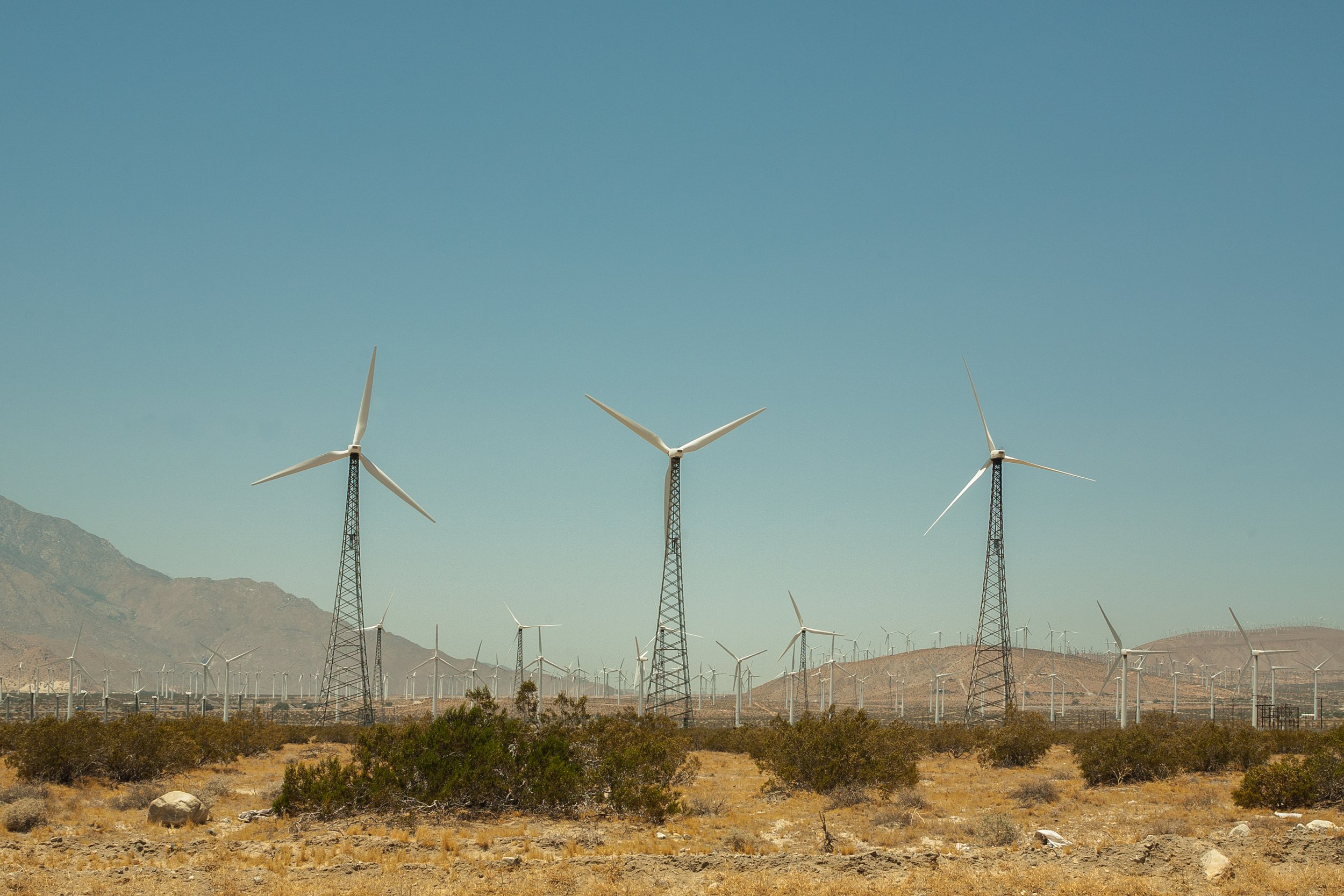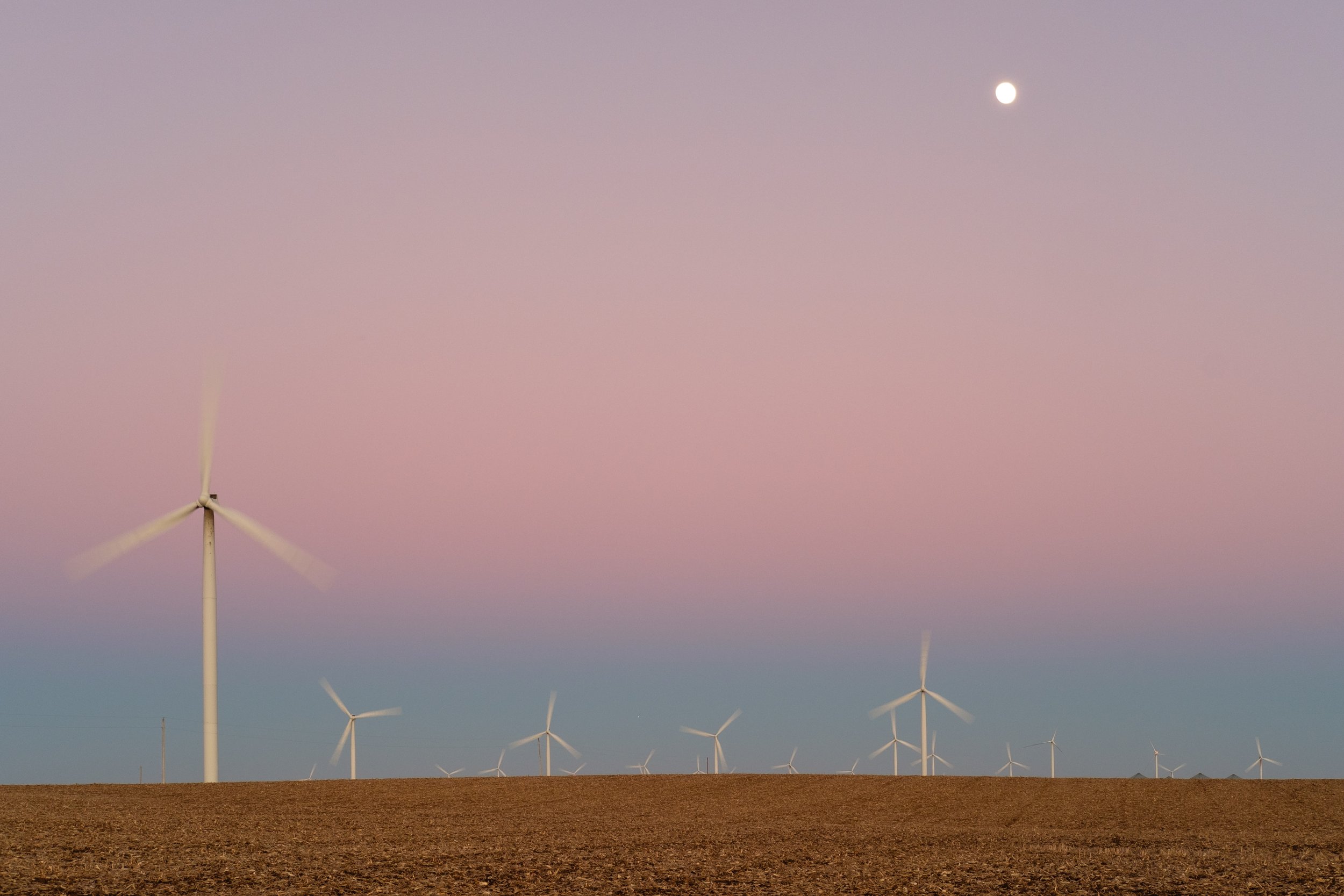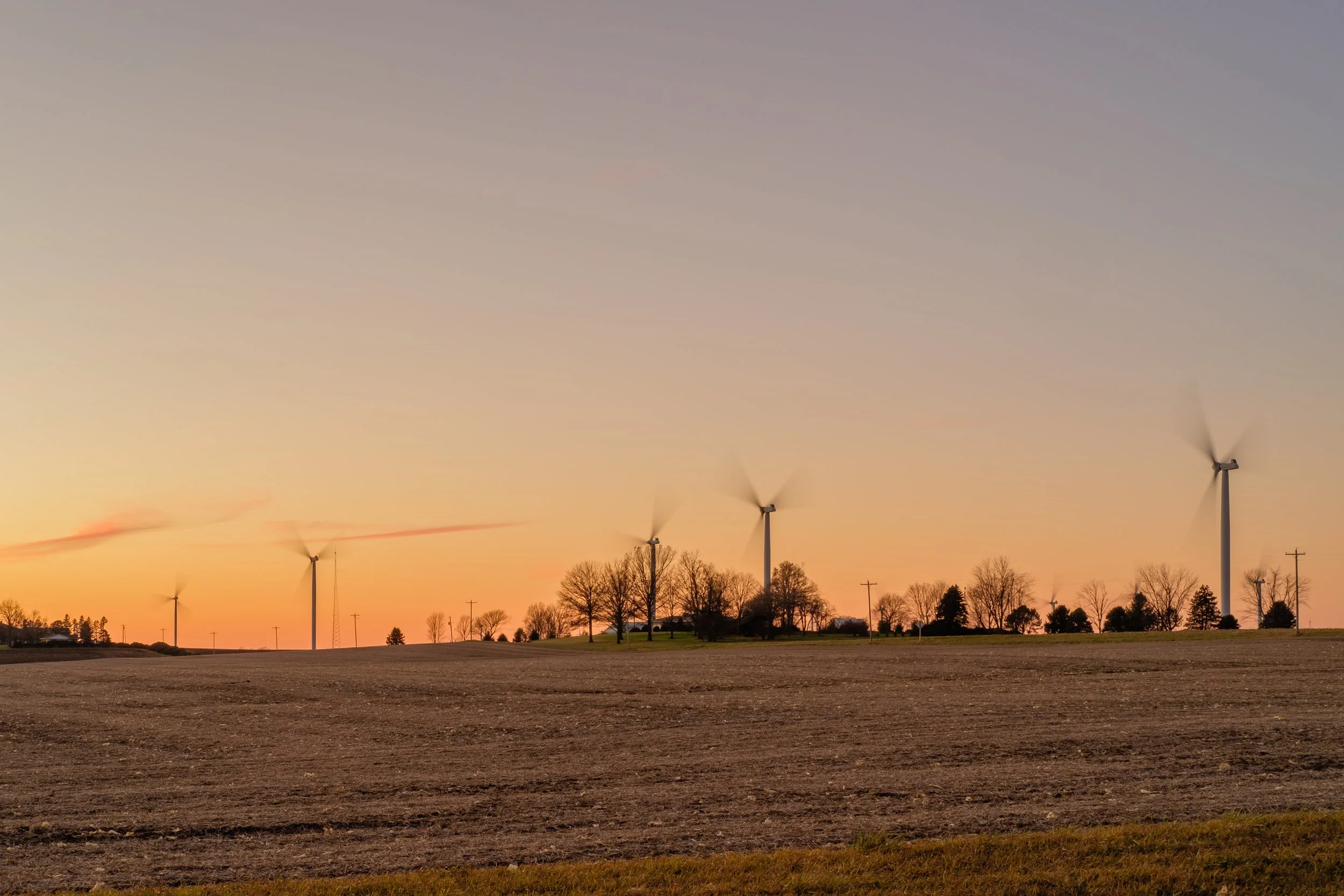The Slow Transition - Wind Energy Politics from Local to Global
Project Description
In recent years, much has been made of the need for a transition to renewable energy, and indeed, there is notable public support for solar and wind energy across the U.S. (Crowe 2021). Meanwhile, the climate movement has placed significant pressure on the federal government to take swift action (Stuart, Gunderson, and Petersen 2020), and interdisciplinary scholars are calling attention to the causes and consequences of a slow renewable energy transition (Karapin 2020).
This project is a collaborative effort between myself and my colleague Dr. Matthew Jerome Schneider at the University of North Carolina at Pembroke. For us, it was a logical next step in continuing our joint interests in the questions raised by the need for a transition away from a fossil based society. As the recent literature within critical environmental social science has shown, this transition continues to be painfully slow. We have become interested in both inland and coastal wind energy as a strategic axis along which we might reveal the dynamics of the politics of the energy transition. We have begun to select comparative field sites in the U.S.A., and we hope to be able to develop a transnational dimension in the future as well.
Three interlocking research questions undergird our interest in this issue. How can this transition be made justly, i.e., with consideration for issues of race, class, and past imperial practices? Additionally, what are the public opinion implications - is civil society ready and willing to make the transition, and if not, what social mechanisms may be stalling this process? Finally, what are the financial arrangements that are meant to facilitate the transition? Specifically, we ask how does this connect with the recent concern among critical sociologists about the financialization of the economy? As such, this project operates at the nexus of environmental sociology, political economy, and the sociology of race and racism.
As we are in the early stages of this project, we are actively looking to build links with scholars in this area, as well as to continue to collaborate with students at both the undergraduate and graduate level, because we are committed to facilitating research experiences and teaching the craft of sociology.
Project Outcomes
2023 O’Neill, Brian F. and Matthew Jerome Schneider. “Demystifying the Global ‘Just Transition’ – On Power Struggles and Electric Mountains.” https://doi.org/10.1177/19427786221098700. In Human Geography
2022 O’Neill, Brian F. and Matthew Jerome Schneider. “Electric Mountains: Climate, Power, and Justice in an Energy Transition.” Sociation. Volume 21, Issue 2: online, open access. https://sociation.ncsociologyassoc.org/wp-content/uploads/2022/06/bookreview_oneill_schneider_proof_2022.pdf









